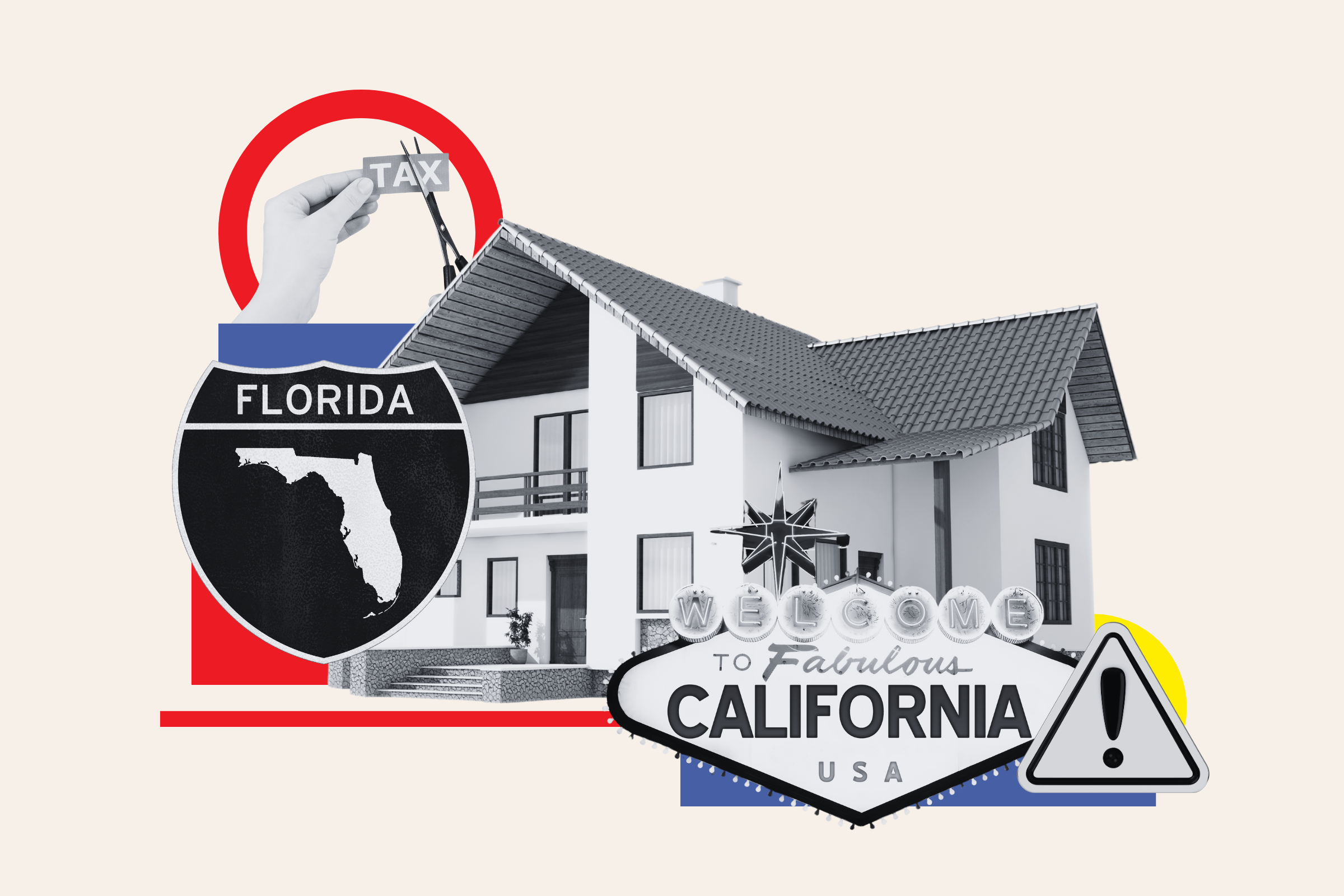🎙️ Voice is AI-generated. Inconsistencies may occur.
Lawmakers in Idaho have passed a bill that proposes banning candy and soda from being purchased using Supplemental Nutrition Assistance Program (SNAP) benefits.
Why It Matters
SNAP benefits—also known as "food stamps"—are administered nationwide to low- and no-income households that would otherwise struggle to purchase groceries. In the 2024 fiscal year, the program served 130,900 Idaho residents, or 7 percent of the state population. But numerous states are considering banning certain purchases from being made using the anti-poverty benefit, Idaho being the first to pass a bill in both chambers.
What To Know
House Bill 109, which has now passed both Idaho's Senate and House of Representatives, would ban candy and soda from being purchased using SNAP allowances. The bill now heads to Governor Brad Little's desk to be signed.
Newsweek has contacted a representative for the Governor for comment via email.
The Idaho House approved the bill on Monday with a 48-20 vote. The bill returned to the House after the Senate made amendments to refine the definition of candy. Last week, the Idaho Senate passed the revised bill with a 25-10 vote.

The passage and potential signing of the bill does not necessarily mean Idaho's SNAP recipients in Idaho will be immediately impacted, as the ban will be subject to U.S. Department of Agriculture (USDA) approval.
No waivers are currently in place in any state that bar SNAP recipients from buying foods based on their nutritional value. However, this could be subject to change under the current Trump administration. Newsweek has contacted the USDA for comment via email.
There is also a push at the federal level to see junk food purchases banned. In January, U.S. Representative Josh Brecheen, a Republican from Oklahoma, introduced the Healthy SNAP Act, which would make soft drinks, candy, ice cream and prepared desserts ineligible from being purchased using SNAP benefits.
In 2023, the program served an average of 42.1 million people nationwide per month, or 12.6 percent of U.S. residents.
What People Are Saying
Christina A. Roberto, associate professor of health policy at the Perelman School of Medicine at the University of Pennsylvania, and Alyssa J. Moran, director of policy and research strategy at the PEACH Lab, said in an opinion piece for Newsweek: "SNAP has looked essentially the same for over 60 years, despite scientific consensus that sugary drinks are harming our health. Public programs should not remain static and can evolve to address the changing needs of the population. Soda is poisoning our kids. The government doesn't need to subsidize it."
Valerie Imbruce, the director of the Center for Environment and Society at Washington College, told Newsweek: "Controlling how the poor eat is a paternalistic response to a problem that is not based in SNAP recipients' inability to make good decisions about healthy foods, it is a problem of the price differential in choosing healthy or junk foods. Soda and candy are much cheaper and more calorie dense than 100% fruit juices or prebiotic nonartificially sweetened carbonated beverages, thanks to price supports and subsidies by the federal government to support a U.S. sugar industry. Sugar is much cheaper than nuts, cheese, whole grain crackers and raw veggies, whole milk yogurts, etc.—healthy snacks. So, if these states want to help the poor eat better, providing incentives to purchase healthy food, like adding benefits for those purchases, rather than punishing the purchase of "junk food" is recommended. We need to ask why we support the sugar industry over producers of fruits and vegetables and refrain from shaming and punishing those with lower incomes."
What's Next
If passed into law, the bill would take effect from July 1. If the federal U.S. Department of Agriculture, or USDA, doesn't grant Idaho's waiver request, the bill says the state shall request the waiver every year until it is granted.
Corrected, 04/02/25 at 12:00 p.m.: This report has been updated to correct comments from Imbruce.
fairness meter
About the writer
Aliss Higham is a Newsweek reporter based in Glasgow, Scotland. Her focus is reporting on Social Security, other government benefits ... Read more



